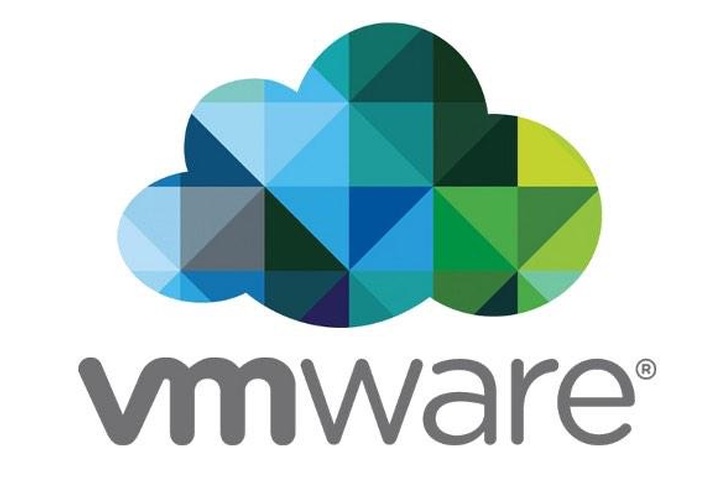Server Technologies

At TUKE, we utilize VMware virtualization technologies to optimize the efficiency of IT resources and ensure the maximum availability of the services we provide. Server virtualization allows more effective resource management, dynamic configuration adjustments based on real-time needs, and seamless migration of virtual servers between physical hosts—without the need for reinstallation.
Virtualization also enables the delivery of technical infrastructure as a service.
The deployment of the VMware virtualization environment at ICT TUKE would not be possible without a sufficient number of high-performance servers. For this purpose, we primarily use modular blade servers from Cisco, IBM, and HP—solutions known for their high computational density per physical space. The variety of vendors reflects the outcomes of historical public procurement processes.
A key benefit of these solutions is their integrated management and monitoring capabilities. Each vendor provides its proprietary tools for administration, requiring knowledge of their specific environments. All servers are additionally monitored via a central monitoring system managed by ICT TUKE.
Servers are connected to the TUNET network via 10 Gbps links, all of which are fully redundant. Each server is equipped with Intel Xeon processors that support virtualization and a minimum of 96 GB of RAM.
These servers host the entire TUKE production environment, including our cloud service, available at www.cloud.tuke.sk. The cloud platform is considered an Infrastructure as a Service (IaaS) solution. Users can manage their operating system instances, applications, and allocated storage—but they do not have access to the underlying cloud infrastructure, which cloud system administrators manage.
